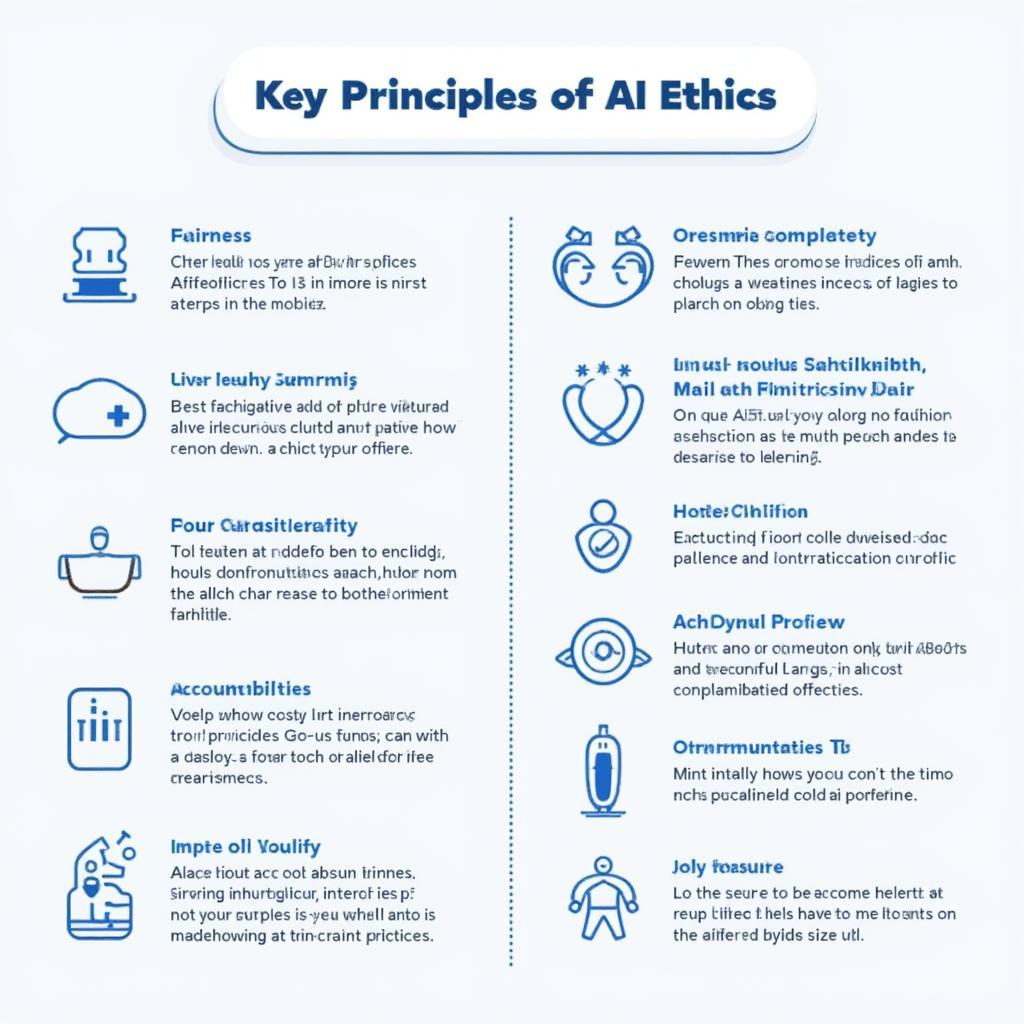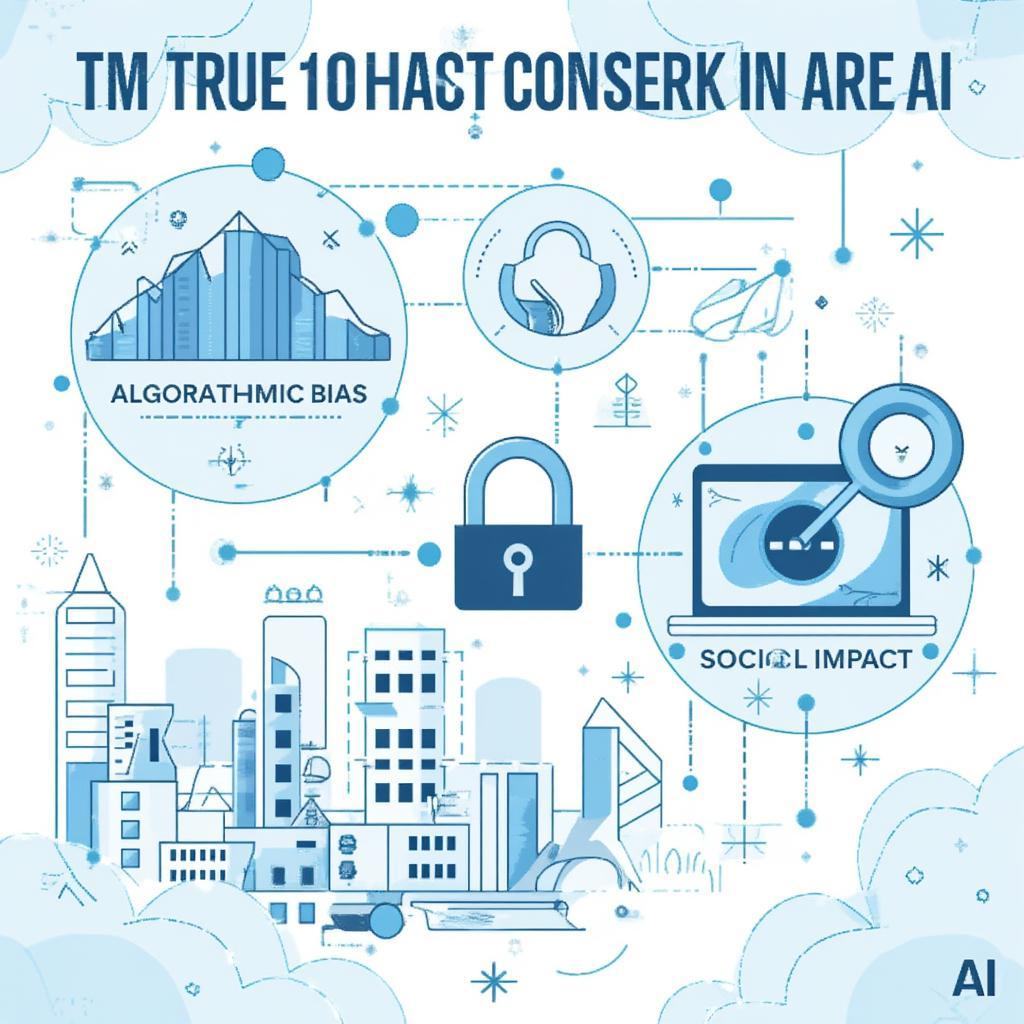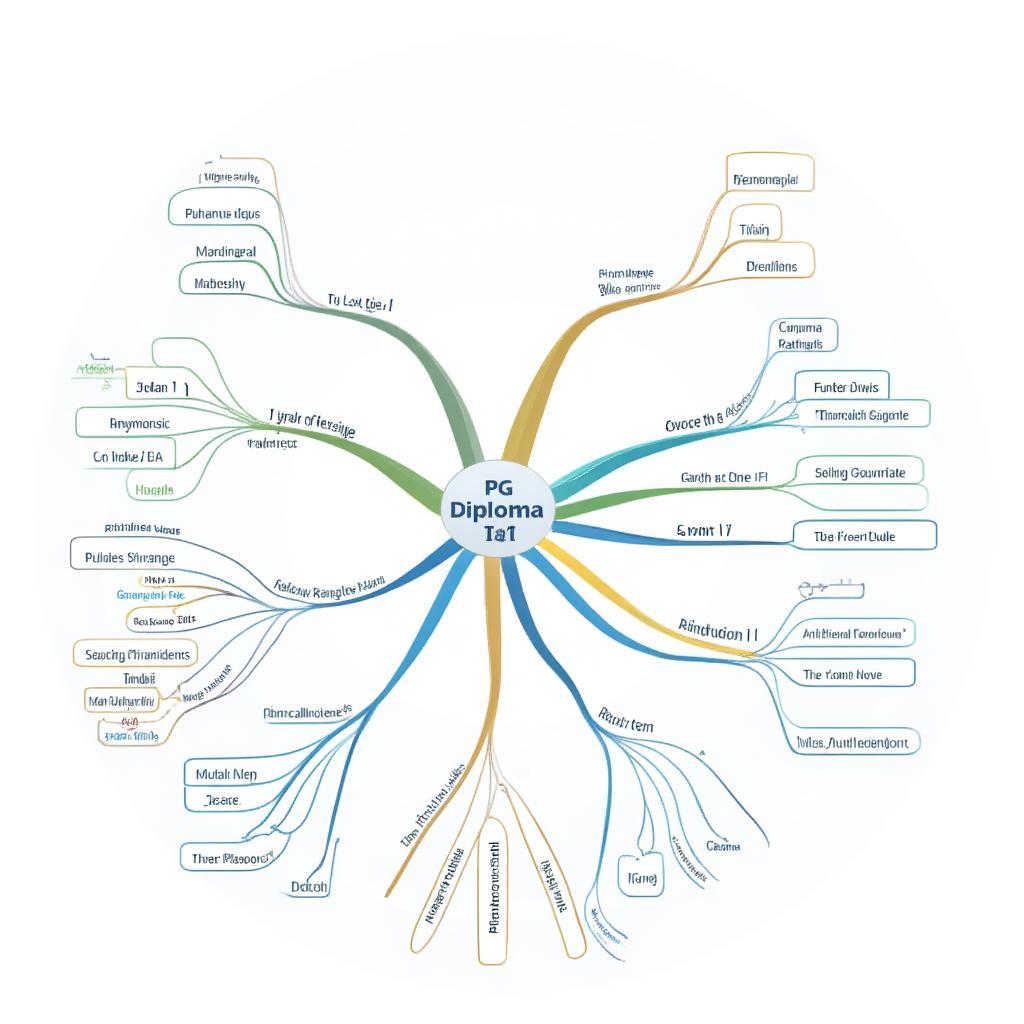Advanced Artificial Intelligence: Navigating the Ethical Landscape

Advanced Artificial Intelligence (AI) is rapidly transforming our world, promising unprecedented advancements in various fields. From self-driving cars to personalized medicine, AI’s potential seems limitless. However, as AI systems become increasingly sophisticated, crucial ethical considerations arise. This article delves into the complex ethical landscape of advanced AI, exploring the challenges and opportunities we face in ensuring its responsible development and deployment.
The Rise of Advanced Artificial Intelligence: Redefining Possibilities
Advanced AI, characterized by its ability to learn, reason, and adapt at a level surpassing human capabilities in specific domains, is poised to revolutionize industries and redefine human-computer interaction. Machine learning algorithms, particularly deep learning, fuel this progress, enabling AI systems to analyze vast datasets, identify patterns, and make predictions with remarkable accuracy. This progress, however, brings forth a range of ethical dilemmas that demand careful consideration.
Ethical Concerns in Advanced AI Development
One of the primary ethical concerns surrounding advanced AI is bias. AI systems learn from data, and if that data reflects existing societal biases, the AI will inevitably perpetuate and amplify them. This can lead to discriminatory outcomes in areas like hiring, loan applications, and even criminal justice. Addressing bias in AI requires careful data curation, algorithmic transparency, and ongoing monitoring to ensure fairness and equity. For instance, if an AI system used for loan applications is trained on data that disproportionately denies loans to individuals from certain demographic groups, the AI will likely replicate this discriminatory behavior.
Another significant challenge is accountability. As AI systems become more autonomous, determining responsibility for their actions becomes increasingly complex. When an AI system makes a mistake, who is to blame: the developers, the users, or the AI itself? Establishing clear lines of accountability is crucial to ensure that AI systems are used responsibly and that those harmed by their actions can seek redress. This becomes particularly crucial in high-stakes domains like autonomous vehicles and medical diagnosis.
Ensuring Transparency and Explainability in Advanced AI
The “black box” nature of many advanced AI systems raises concerns about transparency and explainability. Deep learning models, while powerful, often operate in ways that are difficult for humans to understand. This lack of transparency can make it challenging to identify and correct errors, build trust in AI systems, and ensure that they are used in ethically sound ways. For example, if a medical AI system recommends a particular treatment, doctors need to understand the reasoning behind that recommendation to ensure patient safety and informed consent. Efforts to develop explainable AI (XAI) are crucial to address this challenge. You can learn more about the intersection of AI and related fields in our artificial intelligence and robotics course.
Furthermore, the potential for job displacement due to automation driven by advanced AI raises significant societal concerns. While AI can create new jobs and increase productivity, it also poses a threat to workers in industries susceptible to automation. Preparing the workforce for the changing job market through education and retraining programs is essential to mitigate the negative impacts of AI-driven job displacement. This includes fostering skills in areas that are less susceptible to automation, such as critical thinking, creativity, and complex problem-solving.
Navigating the Future of Advanced AI: A Human-Centered Approach
The rapid advancements in AI necessitate a proactive and collaborative approach to address the ethical challenges it presents. Developing ethical guidelines, fostering interdisciplinary dialogue, and engaging in public discourse are crucial to shaping a future where AI benefits humanity as a whole. This includes establishing international standards for AI development and deployment, promoting responsible AI research, and ensuring that AI systems are aligned with human values.
Dr. Anya Sharma, a leading AI ethicist at the Institute for Ethical AI Development, emphasizes the importance of a human-centered approach: “Advanced AI should be developed and used in ways that serve humanity, not replace it. We need to prioritize human well-being, fairness, and accountability in every stage of the AI lifecycle.”
Professor Kenji Tanaka, a renowned robotics expert, adds, “The future of work in the age of AI requires a fundamental shift in our education systems. We need to equip future generations with the skills to thrive in a world increasingly shaped by intelligent machines.”
A free online course on artificial intelligence could be beneficial in understanding these foundational concepts. Check out our recommendations for a free artificial intelligence course online.
The Path Forward: Building a Responsible AI Ecosystem
The ethical challenges posed by advanced AI are complex and multifaceted. However, by embracing a proactive and collaborative approach, we can harness the transformative potential of AI while mitigating its risks. This requires ongoing dialogue, robust regulations, and a commitment to placing human values at the center of AI development. It also necessitates investing in education and research to ensure that AI systems are developed and used responsibly. This includes fostering a deeper understanding of AI ethics among developers, policymakers, and the public.
Embracing Ethical AI Principles: A Call to Action
As AI continues to evolve, it is imperative that we prioritize ethical considerations. By adhering to principles of fairness, transparency, accountability, and human well-being, we can shape a future where advanced AI serves as a force for good. This includes promoting diversity and inclusion in the AI field, ensuring that AI systems are accessible to all, and safeguarding against the misuse of AI for harmful purposes.

Advanced AI offers immense potential to solve complex problems and improve human lives. However, realizing this potential requires navigating the ethical landscape with care and foresight. By embracing a human-centered approach and prioritizing ethical considerations, we can ensure that advanced AI benefits humanity as a whole. You might also be interested in exploring advanced AI concepts further in our artificial intelligence pg course. For those who prefer learning in Marathi, we also offer resources on artificial intelligence in marathi. Let’s work together to build a future where advanced artificial intelligence is a force for progress, innovation, and human flourishing. Advanced AI holds the key to unlocking a brighter future, but only if we wield it responsibly.




